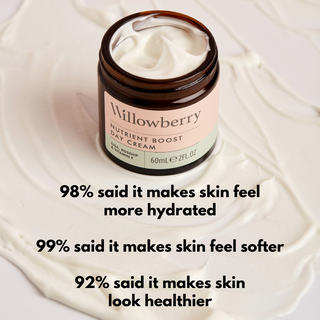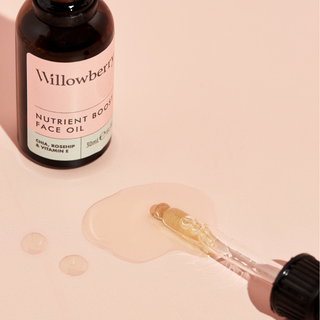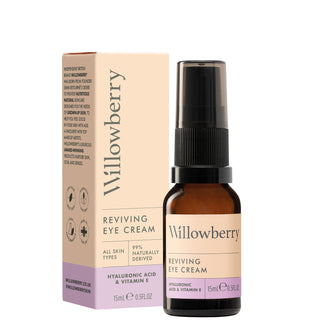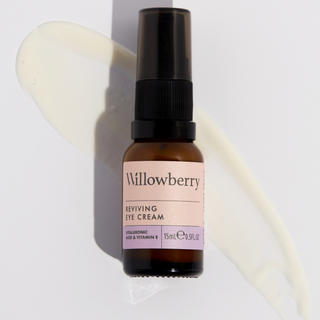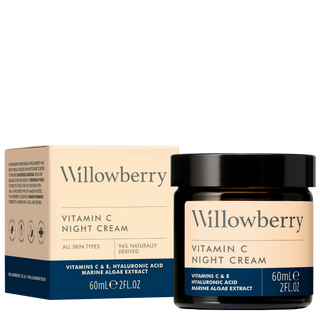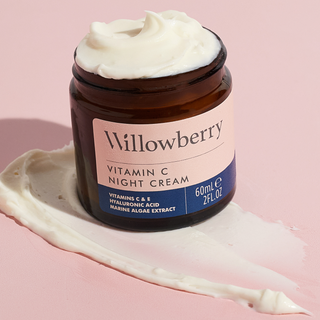As we all hunker down into the depths of winter, the inclination to hibernate is stronger than ever as those dark mornings and chilly nights make sleep seem all the more tempting. Yet, getting a decent night's shut-eye seems to be what dreams are made of (no pun intended!) as data reveals that UK adults sleep for just six hours per night, with women getting an hour's less sleep on average than men.
From stress to smartphones, there are a number of reasons why heading to the land of nod seems to be an arduous journey. As a result, scientists have realised that the implications on our health far outweigh brain fog and a sleepy disposition. It can impair our memory function, deplete our immune system, lead to weight gain, high blood pressure, poor balance and a higher risk of heart disease, not to mention cause inflammation and a loss of collagen from our skin.
Luckily, we have some expert-approved tips to help you drift off into a peaceful night's slumber every time.
Create the right atmosphere
You know the saying – tidy house, tidy mind – and it couldn't be more true. If your bedroom is full of dirty laundry, work and a stack of books you've been meaning to get round to, it's not going to create a calming environment. Not only will a mess gather dust, it will also remind you of everything you haven't done that day/week/month. Create a space that you can't wait to get into by have a clear-out and investing in some storage boxes if need be.
Turn off the devices
We know it already, and yet it never quite happens. But late-night scrolling taps into the active part of our brain, suppressing the production of melatonin (a natural hormone released to help you feel tired) and interfering with a good night's sleep. Avoid any temptation by charging your phone in a separate room at night, which will also help you to not reach for it first thing in the morning.
Breathe deep
Adopting some science-backed breathing techniques is an effective way to drift off and relax our mind enough to stay asleep. By slowing down our heart rate and distracting our mind, our body goes into a deep state of relaxation, making falling asleep effortless. Try the 4-7-8 technique of breathing in through the nose for 4 seconds, holding the breath for 7 seconds and exhale forcefully through the mouth for 8 seconds.
Keep it cool
There's nothing worse than being woken up by a stuffy room. Experts believe that keeping your sleeping space at 65 to 67 degrees Fahrenheit allows our core body temperature to drop enough to induce sleep and you won't get dehydrated, which can lead to that foggy head feeling we all know so well.
Stick to a routine
We know, sometimes life gets in the way, but with so many of us at home more in the evenings, it's an ideal time to create a regimented routine. Going to bed and waking up at the same time every evening will help set your circadian rhythm (the internal process that regulates our sleep-wake cycle) and, eventually, will enable you to get rid of your alarm clock altogether.
Eat to sleep
While we know from experience that alcohol and spicy foods can often disrupt our sleep, there are also plenty of foods that create the opposite effect. Scientists have discovered that foods such as kiwi, fatty fish, almonds, turkey, bananas and oats can trigger the production of melatonin in our bodies, making them a great option to have before hitting the hay.
Article by Jessica Harris
Willowberry is 'Nutritious Natural' skincare for grown-ups for your best skin. Loved by top make-up artists and facialists, Willowberry's luxurious award-winning products protect skin’s natural barrier function, to nourish and transform grown-up skin. As seen in Vogue, Independent, The Telegraph, This Morning and more.



